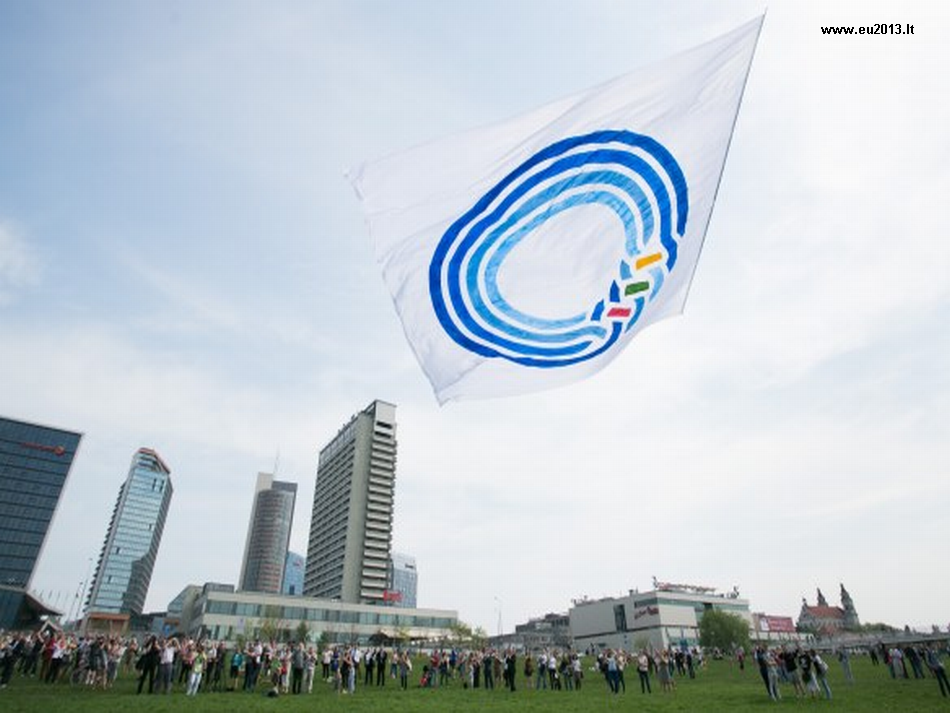Lithuania, at the helm of the European Union
‘Fewer promises, more results. That is the slogan of the authorities in Lithuania, the country that on July 1st took over the EUs presidency for the next six months.

Roxana Vasile, 02.07.2013, 00:00
Lithuania has turned a new page of its history. This is how the media in Vilnius presented the take over, by the small Baltic state, of the EU rotating presidency. This is the first presidency for Lithuania, a country of 3.2 million people, which joined the Union in 2004. It is also the first Baltic state to take the EU stint.The two other former Soviet republics, Latvia and Estonia, will assume their presidential duties in the first half of 2015 and in the first half of 2018 respectively. The Lithuanian Presidency is also the first of a 28 strong Union, after Croatia’s recent EU accession.
Lithuania “is prepared”, the country’s president Dalia Grybauskaite has said, while the domestic media has recalled that the Lithuanian presidency needs to take some important and quick decisions, expected by the whole of Europe. The context is not simple at all. Lithuania assumes its presidency in the final period of the mandate of the European Commission and the European Parliament. As far as the European agenda is concerned, it is a very busy one, also including issues inherited from the previous presidencies.
According to EUobserver, a record 563 dossiers, mostly economic ones, will have to be managed by the Lithuanian presidency. Although not a member of the euro zone, Lithuania was more successful than other EU countries in overcoming the economic crisis. That is why the Lithuanian authorities believe it will bring a breeze of fresh air into the European family. On the one hand, it will have to push though provisions related to the implementation of the 2014-2020 budget.
Issues such as economic growth, curbing the growing unemployment rate and strengthening public finances have to be addressed and negotiations on the trade accord with the US must be further conducted. Special attention will be paid to the Eastern Partnership, during a summit due in Vilnius, in November, which is expected to initial the association agreement with the Republic of Moldova and make a recommandation regarding the liberalization of the visa regime for Moldovans.
Another sensitive issue is Romania’s and Bulgaria’s acession to the Schengen area. Sooner or later it will be solved, Lithuanian president Dalia Grybauskaite has said reffering to this issue, because, although there are still questions to be solved, there is a political will for that. The European Commission has clearly underlined the issues that need to be dealt with, so Romania and Blgaria know exactly what they have to do, the Vilnius authorities explained, recalling that all EU member states need to agree to the two countries’ Schengen accession, including those that are still reticent about it.






























